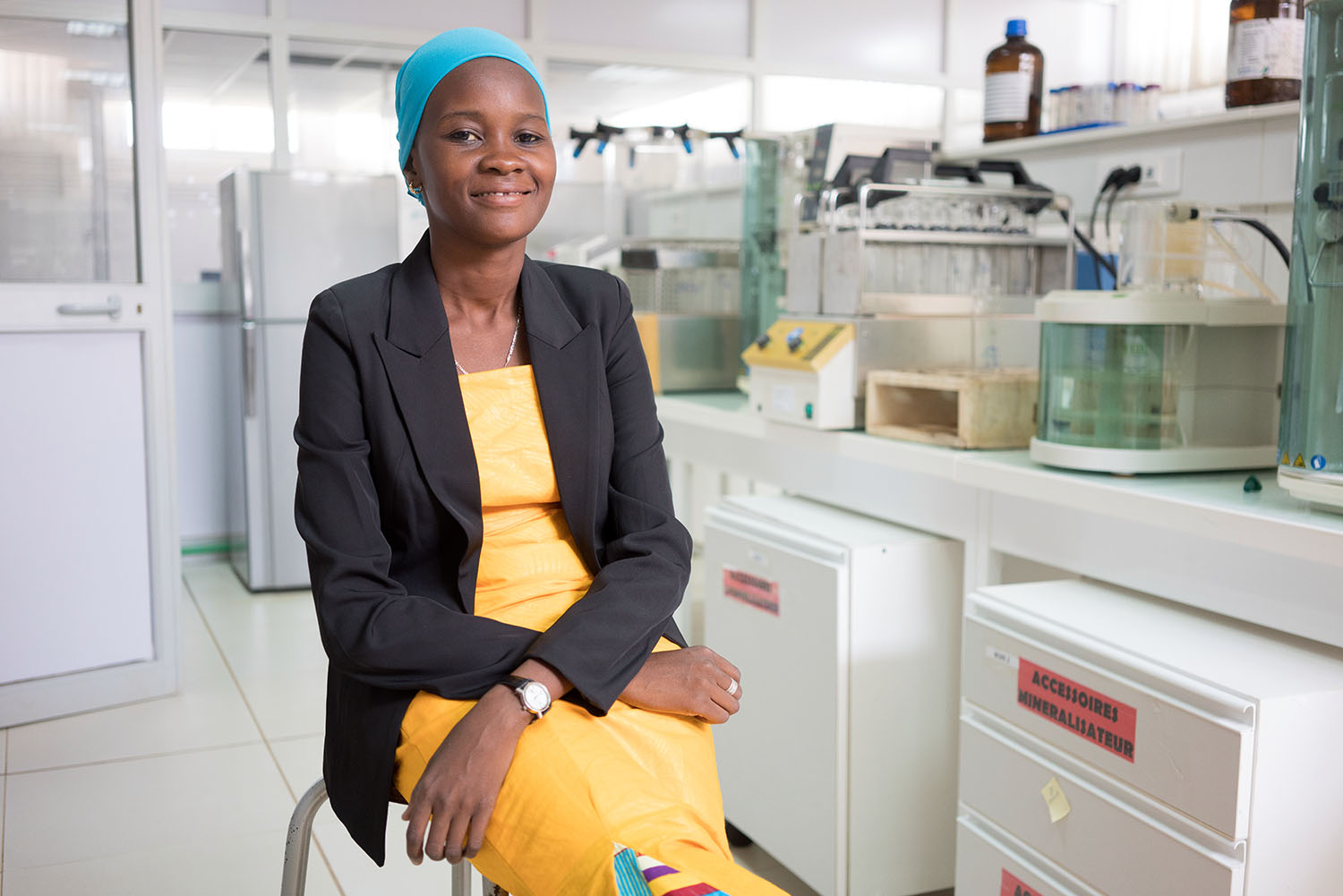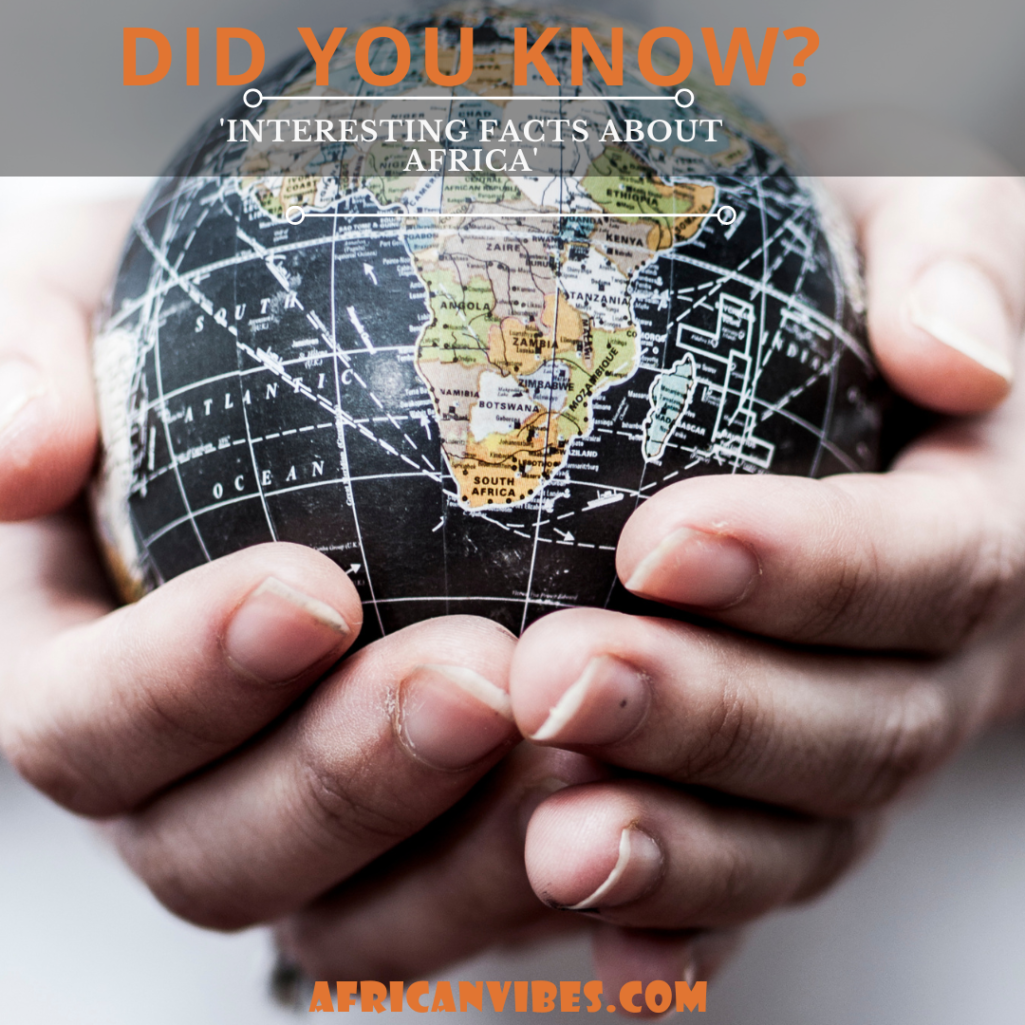Mariama Mamane Is Turning One Of Burkina Faso’s Biggest Problems To Wealth

The invasive nature of water hyacinth is one of the major problems facing a small village on the outskirts of Ouagadougou, Burkina Faso. They grow rapidly and can form thick layers over the water, choking the waterways. Consequently, this is having a negative impact on the water supply to the city.
Mariama Mamane has come up with an innovation that turns the water hyacinth into biogas and fertilizer. In a 2 minutes united Nations Environment Program (UNEP) documentary, Mariama Mamane said,
“To solve the problems the planet is facing today, we must solve them through more commitment, more actions, and for that, we must act now. My solution is to turn this problem into an opportunity for the population.”
Mariama Mamane founded the company called ‘Jacigreen’ in 2016. The 29-year-old environmental engineer won the Young Champions of the Earth prize for Africa in 2017. Her vision is to reach 500 households with biogas by 2021.
According to the Chief of UN Environment’s Freshwater Unit, Joakim Harlin, water hyacinth is the most invasive and resilient in the world. Their infestation is difficult to control. However freshwater ecosystems approach usually tries to reduce the nutrients on which the plants feed. Harlin said,
“Utilization of water hyacinth for commercial and subsistence purposes like the initiative Mariama Mamane has taken not only helps controlling the weed and protecting the environment but also converts a problem to a livelihood opportunity.”
How Mariama Mamane’s prototype works
Mariama Mamane harvests the water hyacinth from the waterways. She feeds the invasive plants into her invention which cuts up the plants. Subsequently, she ferments the plant into compost and fertilizer for farmers called ‘Jacigrow’. Jacigrow is available in different measurements namely 5 liters, 1 liter, 0.5 liters, and 250 ml. However, Mariama Mamane’s machine also collects the by-product of the fermentation which is biogas in blue plastic square bags.
Subsequently, she connects the blue plastic square bags to a generator. The generator burns the biogas to produce electricity for families. This has helped to augment the irregular public power supply. Mariama Mamane’s prototype for biogas and fertilizer production is now complete. Consequently, she is working with families and farmers close to the International Institute for Water and Environmental Engineering (2iE) which is the location for her prototype to test the biogas and fertilizer. Reacting to the success of her project so far Mariama Mamane said,
“Our aim is to provide solutions for families who do not have access to electricity and are using wood. Biogas can reduce deforestation and the encroachment of the desert into communities. We also aim to reach the maximum number of farmers to reduce chemical fertilizer use, building a resilient ecosystem and healthier products for consumers.”
The Youth Champions of the Earth Prize
The Youth Champions of the Earth Prize is one of UN Environment’s leading initiative for youths. Powered by Covestro, the prize aims to engage youths in solving pressing environmental challenges. However, the announcement for the 2019 winner will be in September.
Winning the prize in 2017, Mariama Mamane faced the huge challenge of bringing her ideas to life. Her mentor, Robert Maleika, the Head of Strategist Intellectual Property Management at Covestro testifies to the huge setbacks on Mamane’s path. However, she was not deterred by the challenges. Recounting some of them she said,

“When I won the Young Champions of the Earth prize for Africa, I faced so many challenges in building my prototype during this entrepreneurial adventure. Transforming my idea into a concrete solution required a lot of research. I ordered equipment from China and Germany because it isn’t available locally. I found myself doing everything—from masonry to plumbing—to build this prototype. But the prize gave me courage, and this has been an unforgettable learning experience. It is important to persevere when something seems impossible. Pushing through these times helps you grow and gives you energy in your professional life. I encourage other girls and young women to push beyond their dreams, and they will achieve.”
Mariama Mamane also makes cooking oil from sesame seeds. Selling the seeds in the market can earn her 80 cents per day. However, by converting the seed to oil, she makes as much as US$5 per day.






Responses